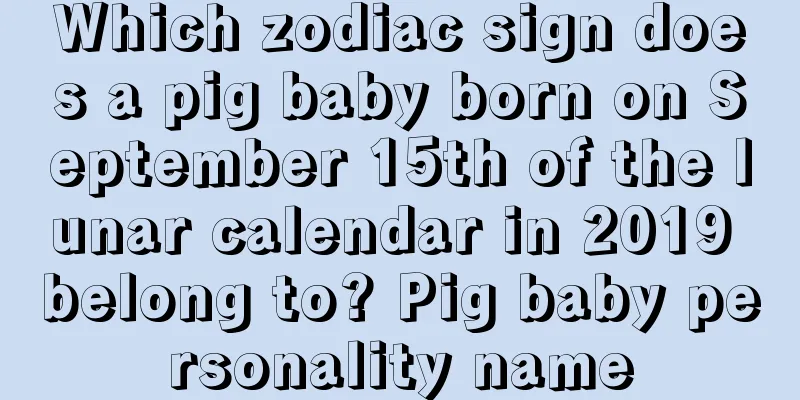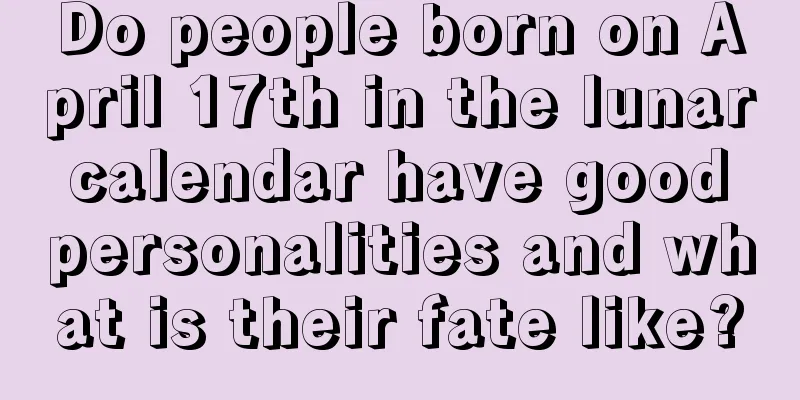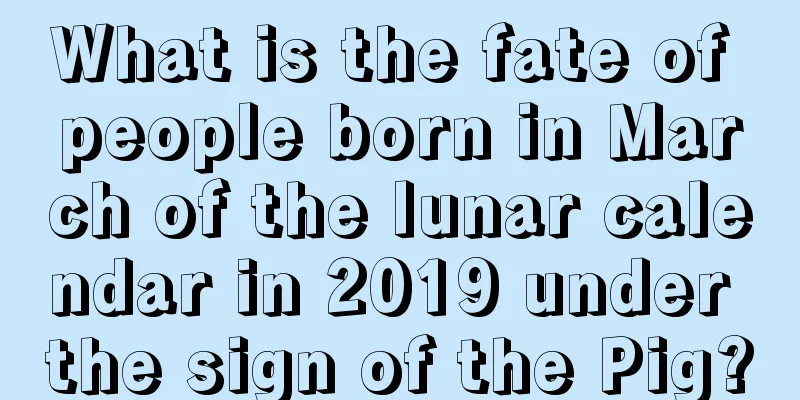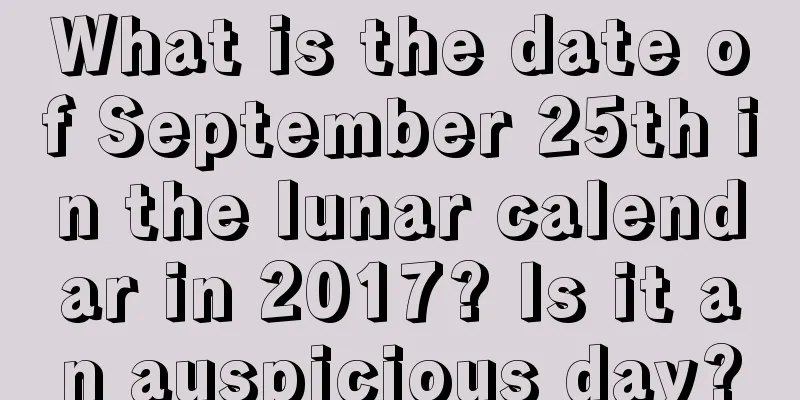What is the origin of the Jingzhe solar term? Introduction to the Jingzhe solar term
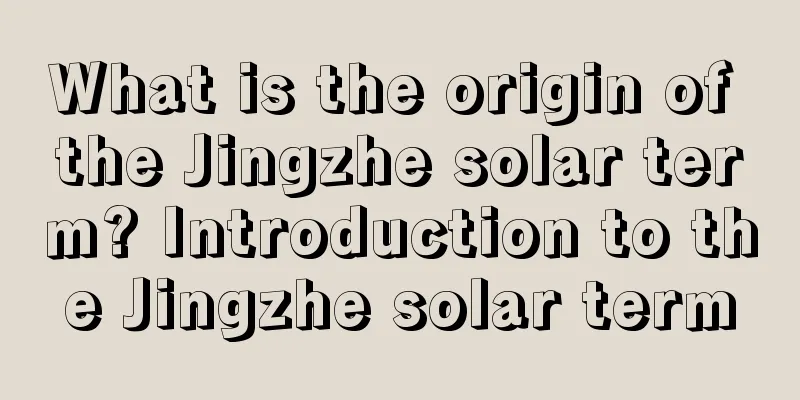
Jingzhe is the third of the 24 solar terms in my country, and it falls on the 5th or 6th of March every year. When this time comes, spring thunders sound, hibernating snakes, insects, rats and ants come out, and it is also the time for everyone to prepare for the new year. Some days are auspicious, while others are inauspicious. Predicting the auspiciousness and inauspiciousness of days in advance can help us avoid a lot of unnecessary troubles. Shuimoxiansheng.com has predicted the good and bad luck for each day of the first lunar month of 2019. Come and pay attention.What is the origin of the Jingzhe solar term?Jingzhe is the third solar term among the 24 solar terms. Around the first day of the second lunar month every year (between March 5 and 6 in the Gregorian calendar), when the sun reaches 345 degrees of the ecliptic longitude, it is "Qingzhe". Jingzhe means that the weather starts to warm up and spring thunder begins to sound, awakening the insects hibernating underground. Zhe means to hide. "Collected Explanations of the 72 Seasonal Changes" says: "In the second month, all things come out of the thunder, so it is called the Waking of Insects. The hibernating insects are startled and run away." Tao Yuanming, a poet in the Jin Dynasty, wrote a poem: "The spring rain comes soon, and the thunder starts to sound in the east. All the hibernating insects are startled, and the grass and trees grow tall." In fact, insects cannot hear thunder. It is the return of spring and the warming weather that make them end their hibernation and "run away in fright."Characteristics of the three phases of JingzheIn ancient my country, Jingzhe was divided into three stages: "The first stage is when peach blossoms begin to bloom; the second stage is when orioles sing; the third stage is when eagles turn into doves." This describes the season when peach blossoms turn red, plum blossoms turn white, orioles sing, and swallows fly, and most areas have entered the period of spring ploughing. When various insects hibernating in the soil are awakened, the eggs that have hibernated begin to hatch. This shows that Jingzhe is a solar term that reflects natural phenological phenomena.What are the climatic characteristics of Jingzhe?The thunder during the Waking of Insects is the most noticeable. For example: "If there is thunder before the Waking of Insects, the clouds will not clear for forty-nine days." The Jingzhe solar term is when the weather suddenly gets cold and warm. Proverbs that predict the later weather based on the temperature include: "Cold Jingzhe, warm Spring Equinox" etc. The wind during the Jingzhe Festival is also used as a basis for predicting the weather in the later period. For example, "If the north wind blows during the Waking of Insects, winter will start all over again" and "If the south wind blows during the Waking of Insects, the seedlings will be planted late." Modern meteorological science shows that the reason why there are occasional thunders before and after the "Qingzhe" is that the humidity on the ground gradually increases, causing the heat near the ground to rise or the hot and humid air moving northward is stronger and more active. Judging from the natural phenological processes in various parts of my country, due to the large north-south span, the time when spring thunder begins varies. On average over the years, thunder can be heard in southern Yunnan around the end of January, while the first thunder day in Beijing is in late April. The saying that "thunder begins with the Waking of Insects" only coincides with the climate patterns along the Yangtze River basin.Fortune refers to a person's future direction. Do you want to know your future life? Click on the following fine calculation: |
Recommend
Is January 27th of the lunar calendar 2021 an auspicious day? Is it a good time to start renovation?
The good and bad days are different every day, som...
Is September 28, 2018 a good time to start renovation? What does the hexagram show?
House decoration can be regarded as one of the maj...
Check the lunar calendar for the ninth day of the fifth lunar month in 2018. Is it a good day?
The fifth month of the lunar calendar is a time w...
Is November 19th of the lunar calendar in 2021 a bad day? Is it suitable for opening a business?
The cold wind is howling. Is November 19th of the ...
2018 July 30th auspicious time, good and bad time query
The fiery July gathers the colors of fire; the pa...
Can I get married or engaged on August 16th of the lunar calendar in 2020? Is it an auspicious date?
Each season has three months: Meng, Zhong and Ji,...
What is the fate of a boy born on February 18th of the lunar calendar in 2021? Is this a good day to be born?
The fate of a boy is also something that everyone ...
Is Guyu in spring or summer? What are the three signs of the Grain Rain solar term?
Grain Rain is one of the solar terms that reflects...
Is the eighth day of the eighth lunar month in 2022 suitable for proposing marriage? What are the taboos for women when getting engaged?
In the eighth month of the lunar calendar, osmanth...
The fate of a baby boy born on the eighth day of the second lunar month in 2022
What is the fate of the baby and whether it is goo...
Is it suitable to open a business on the 22nd day of the winter month in 2020? Is the 2021 winter month in the 39th day of the winter month?
Introduction: Generally, it is necessary to choose...
What is the lunar calendar for December 26th, 2021? Can I move into my new home?
The twelfth month of the lunar calendar has arrive...
Analysis of the auspicious and inauspicious times of Christmas in 2020. What is suitable to do at each time?
The good and bad of each day is different, so let’...
Are people born in the Jingzhe solar term in 2019 good or bad? Do they have a good fate?
The Jingzhe solar term has also been called "...
What can’t you eat during the Ghost Festival? What can you eat to ward off evil spirits?
The Zhongyuan Festival is also called the Ghost Fe...




